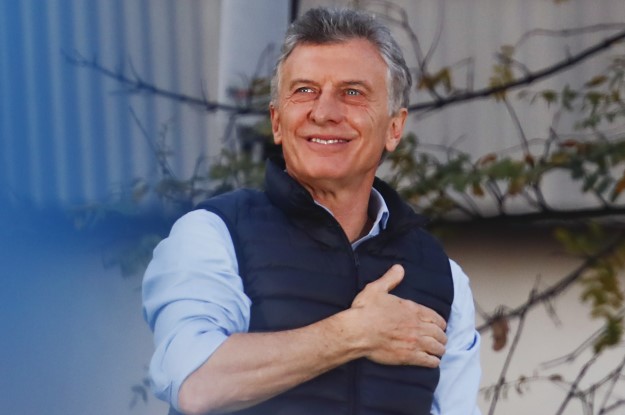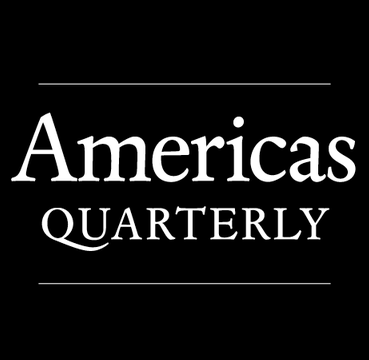BY OLIVER STUENKEL | OCTOBER 8, 2019
https://www.americasquarterly.org/content/what-macris-exit-would-mean-latin-americas-moderate-right
Argentina’s president was arguably the greatest hope of liberal technocrats in the region.
“Macri is absolutely inspiring,” a visibly excited João Doria, then mayor of São Paulo, beamed during a visit to Buenos Aires in September 2017. A month later, Mauricio Macri’s coalition went on to win a resounding victory in congressional elections, winning the capital and 13 out of 23 provinces. This seemingly confirmed that moderate, center-right leaders of a certain stripe were ascendant not just in Argentina, but in much of Latin America.
Doria, who is now governor of São Paulo state and a contender for Brazil’s presidency in 2022, was not the only Latin American politician who modeled their political strategy on Argentina’s leader in recent years. In 2017, Brazil’s then-president Michel Temer argued that Macri “served as an example”, lauding his economic reforms. During a visit in July to Caracas, several Venezuelan opposition politicians told me that a Juan Guaidó government would follow the Macri playbook. Guaidó himself went so far to tell Argentine voters it was their “moral duty” to reelect him.
That incipient movement is now in search of a new role model following Macri’s stunning defeat in the August primaries, which most believe presages a first-round loss in the real elections on October 27. If confirmed, Macri’s fall from grace will reverberate across Latin America – and raise questions about whether there is indeed space for a moderate, democratic center-right in an era of increasing polarization.
Macri’s surprise victory in 2015 was seen, by many economic liberals, as the beginning of a new era. At the time, Macri’s cabinet line-up of well-regarded technocrats impressed international observers and Wall Street — “technocrats to the rescue”, The Economist swooned. Macri’s triumph was interpreted by many as the beginning of the end of the ‘pink tide’ of center-left (and far-left) governments that swept across Latin America during the first decade of the 21st century, boosted by…
Read full article here.










